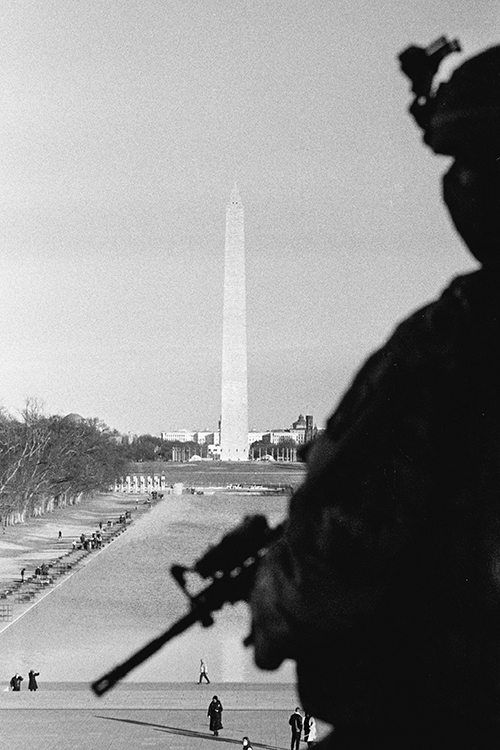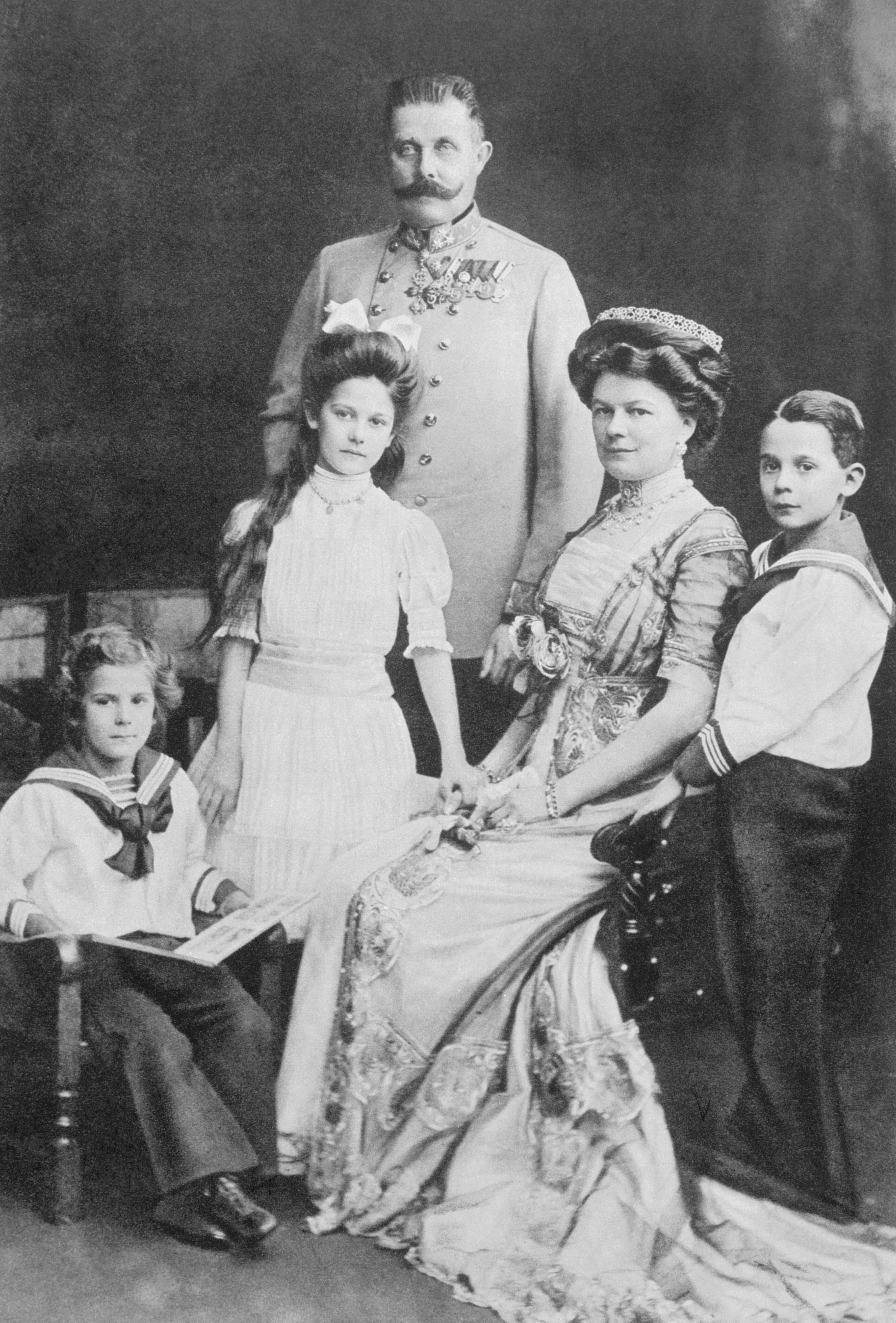|
Rudolf Bruner-Dvořák
Rudolf Bruner-Dvořák (2 July 1864, Přelouč – 30 October 1921, Prague) was a Czechs, Czech photographer of the late 19th and early 20th century. He was an important figure in Czech photojournalism and known for his use of Autochrome Lumière. Biography Bruner-Dvořák studied under Karl Teufel, and was named the official photographer to Archduke Franz Ferdinand of Austria, Franz Ferdinand in 1891. He died in Prague. References External links * {{DEFAULTSORT:Bruner Dvorak, Rudolf 1864 births 1921 deaths People from Přelouč Czech photographers 19th-century photographers 20th-century photographers Photographers from Austria-Hungary ... [...More Info...] [...Related Items...] OR: [Wikipedia] [Google] [Baidu] |
Přelouč
Přelouč () is a town in Pardubice District in the Pardubice Region of the Czech Republic. It has about 10,000 inhabitants. Administrative division Přelouč consists of eight municipal parts (in brackets population according to the 2021 census): *Přelouč (8,160) *Klenovka (184) *Lhota (169) *Lohenice (276) *Mělice (190) *Škudly (94) *Štěpánov (133) *Tupesy (70) Tupesy forms an Enclave and exclave, exclave of the municipal territory. Etymology The name is derived from Czech ''přes louku'', i.e. "across the meadow". It refers to the place where people walked across the meadows. Geography Přelouč is located about west of Pardubice. It lies on the border between the Svitavy Uplands and East Elbe Table, in the Polabí region. The highest point is at above sea level. The town is situated on the left bank of the Elbe. There are several water bodies in the municipal territory. North of the town are flooded gravel quarries, which are used mainly for recreation and water ... [...More Info...] [...Related Items...] OR: [Wikipedia] [Google] [Baidu] |
Prague
Prague ( ; ) is the capital and List of cities and towns in the Czech Republic, largest city of the Czech Republic and the historical capital of Bohemia. Prague, located on the Vltava River, has a population of about 1.4 million, while its Prague metropolitan area, metropolitan area is home to approximately 2.3 million people. Prague is a historical city with Romanesque architecture, Romanesque, Czech Gothic architecture, Gothic, Czech Renaissance architecture, Renaissance and Czech Baroque architecture, Baroque architecture. It was the capital of the Kingdom of Bohemia and residence of several Holy Roman Emperors, most notably Charles IV, Holy Roman Emperor, Charles IV (r. 1346–1378) and Rudolf II, Holy Roman Emperor, Rudolf II (r. 1575–1611). It was an important city to the Habsburg monarchy and Austria-Hungary. The city played major roles in the Bohemian Reformation, Bohemian and the Protestant Reformations, the Thirty Years' War and in 20th-century history a ... [...More Info...] [...Related Items...] OR: [Wikipedia] [Google] [Baidu] |
Czechs
The Czechs (, ; singular Czech, masculine: ''Čech'' , singular feminine: ''Češka'' ), or the Czech people (), are a West Slavs, West Slavic ethnic group and a nation native to the Czech Republic in Central Europe, who share a common Bohemia, ancestry, Czech culture, culture, History of the Czech lands, history, and the Czech language. Ethnic Czechs were called Bohemians in English language, English until the early 20th century, referring to the former name of their country, Bohemia, which in turn was adapted from the late Iron Age tribe of Celtic Boii. During the Migration Period, West Slavic Bohemians (tribe), tribes settled in the area, "assimilated the remaining Celtic and Germanic populations", and formed a principality in the 9th century, which was initially part of Great Moravia, in form of Duchy of Bohemia and later Kingdom of Bohemia, the predecessors of the modern republic. The Czech diaspora is found in notable numbers in the Czech American, United States, Germany ... [...More Info...] [...Related Items...] OR: [Wikipedia] [Google] [Baidu] |
Photojournalism
Photojournalism is journalism that uses images to tell a news story. It usually only refers to still images, but can also refer to video used in broadcast journalism. Photojournalism is distinguished from other close branches of photography (such as documentary photography, social documentary photography, war photography, street photography and celebrity photography) by having a rigid ethical framework which demands an honest and impartial approach that tells a story in strictly journalistic terms. Photojournalists contribute to the news media, and help communities connect with one other. They must be well-informed and knowledgeable, and are able to deliver news in a creative manner that is both informative and entertaining. Similar to a writer, a photojournalist is a journalist, reporter, but they must often make decisions instantly and carry camera, photographic equipment, often while exposed to significant obstacles, among them immediate physical danger, bad weather, large crow ... [...More Info...] [...Related Items...] OR: [Wikipedia] [Google] [Baidu] |
Autochrome Lumière
The Autochrome Lumière was an early color photography process patented in 1903 by the Lumière brothers in France and first marketed in 1907. Autochrome was an additive color "mosaic screen plate" process. It was one of the principal color photography processes in use before the advent of subtractive color film in the mid-1930s. A competing process was that of the Russian Sergey Prokudin-Gorsky. Prior to the Lumière brothers, Louis Ducos du Hauron utilized the separation technique to create colour images on paper with screen plates, producing natural colours through superimposition, which would become the foundation of all commercial colour photography. Descendants of photographer Antoine Lumière, inventors Louis and Auguste Lumière utilized Du Hauron's (1869) technique, which had already been improved upon by other inventors such as John Joly (1894) and James William McDonough (1896), making it possible to print photographic images in colour. One of the most broadly used for ... [...More Info...] [...Related Items...] OR: [Wikipedia] [Google] [Baidu] |
Karl Teufel
Karl may refer to: People * Karl (given name), including a list of people and characters with the name * Karl der Große, commonly known in English as Charlemagne * Karl of Austria, last Austrian Emperor * Karl (footballer) (born 1993), Karl Cachoeira Della Vedova Júnior, Brazilian footballer * Karl (surname) In myth * Karl (mythology), in Norse mythology, a son of Rig and considered the progenitor of peasants (churl) * ''Karl'', giant in Icelandic myth, associated with Drangey island Vehicles * Opel Karl, a car * ST ''Karl'', Swedish tugboat requisitioned during the Second World War as ST ''Empire Henchman'' Other uses * Karl, Germany, municipality in Rhineland-Palatinate, Germany * ''Karl-Gerät'', AKA Mörser Karl, 600mm German mortar used in the Second World War * KARL project, an open source knowledge management system * Korean Amateur Radio League, a national non-profit organization for amateur radio enthusiasts in South Korea * KARL, a radio station in Minnesota * Lis ... [...More Info...] [...Related Items...] OR: [Wikipedia] [Google] [Baidu] |
Archduke Franz Ferdinand Of Austria
Archduke Franz Ferdinand Carl Ludwig Joseph Maria of Austria (18 December 1863 – 28 June 1914) was the heir presumptive to the throne of Austria-Hungary. His Assassination of Archduke Franz Ferdinand, assassination in Sarajevo was the most immediate cause of World War I. Franz Ferdinand was the eldest son of Archduke Karl Ludwig of Austria, the younger brother of Franz Joseph I of Austria, Emperor Franz Joseph I of Austria. Following Mayerling incident, the death of Rudolf, Crown Prince of Austria, Crown Prince Rudolf in 1889 and the death of Karl Ludwig in 1896, Franz Ferdinand became the heir presumptive to the Austro-Hungarian throne. His courtship of Sophie, Duchess of Hohenberg, Sophie Chotek, a lady-in-waiting, caused conflict within the imperial household, and their morganatic marriage in 1900 was only allowed after he renounced his descendants' rights to the throne. Franz Ferdinand held significant influence over the military, and in 1913 he was appointed inspec ... [...More Info...] [...Related Items...] OR: [Wikipedia] [Google] [Baidu] |
1864 Births
Events January * January 13 – American songwriter Stephen Foster ("Oh! Susanna", "Old Folks at Home") dies aged 37 in New York City, leaving a scrap of paper reading "Dear friends and gentle hearts". His parlor song "Beautiful Dreamer" is published in March. * January 16 – Denmark rejects an Austrian-Prussian ultimatum to repeal the Danish Constitution, which says that Schleswig-Holstein is part of Denmark. * January 21 – New Zealand Wars: The Tauranga campaign begins. February * February – John Wisden publishes ''Wisden Cricketers' Almanack, The Cricketer's Almanack for the year 1864'' in England; it will go on to become the major annual cricket reference publication. * February 1 – Danish-Prussian War (Second Schleswig War): 57,000 Austrian and Prussian troops cross the Eider River into Denmark. * February 15 – Heineken N.V., Heineken Brewery is founded in the Netherlands. *American Civil War: ** February 17 – The tiny Confed ... [...More Info...] [...Related Items...] OR: [Wikipedia] [Google] [Baidu] |
1921 Deaths
Events January * January 2 ** The Association football club Cruzeiro Esporte Clube, from Belo Horizonte, is founded as the multi-sports club Palestra Italia by Italian expatriates in First Brazilian Republic, Brazil. ** The Spanish liner ''Santa Isabel'' breaks in two and sinks off Villa Garcia, Mexico, with the loss of 244 of the 300 people on board. * January 16 – The Marxist Left in Slovakia and the Transcarpathian Ukraine holds its founding congress in Ľubochňa. * January 17 – The first recorded public performance of the illusion of "sawing a woman in half" is given by English stage magician P. T. Selbit at the Finsbury Park Empire variety theatre in London. * January 20 – British K-class submarine HMS K5, HMS ''K5'' sinks in the English Channel; all 57 on board are lost. * January 21 – The full-length Silent film, silent comedy drama film ''The Kid (1921 film), The Kid'', written, produced, directed by and starring Charlie Chaplin (in his ... [...More Info...] [...Related Items...] OR: [Wikipedia] [Google] [Baidu] |
People From Přelouč
The term "the people" refers to the public or common mass of people of a polity. As such it is a concept of human rights law, international law as well as constitutional law, particularly used for claims of popular sovereignty. In contrast, a people is any plurality of persons considered as a whole. Used in politics and law, the term "a people" refers to the collective or community of an ethnic group or nation. Concepts Legal Chapter One, Article One of the Charter of the United Nations states that "peoples" have the right to self-determination. Though the mere status as peoples and the right to self-determination, as for example in the case of Indigenous peoples (''peoples'', as in all groups of indigenous people, not merely all indigenous persons as in ''indigenous people''), does not automatically provide for independent sovereignty and therefore secession. Indeed, judge Ivor Jennings identified the inherent problems in the right of "peoples" to self-determination, as i ... [...More Info...] [...Related Items...] OR: [Wikipedia] [Google] [Baidu] |
Czech Photographers
Czech may refer to: * Anything from or related to the Czech Republic, a country in Europe ** Czech language ** Czechs, the people of the area ** Czech culture ** Czech cuisine * One of three mythical brothers, Lech, Czech, and Rus *Czech (surname) *Czech, Łódź Voivodeship, Poland *Czechville, Wisconsin, unincorporated community, United States See also * Čech, a surname * Czech lands * Czechoslovakia * List of Czechs * * * Check (other) * Czechoslovak (other) * Czech Republic (other) The Czech Republic The Czech Republic, also known as Czechia, and historically known as Bohemia, is a landlocked country in Central Europe. The country is bordered by Austria to the south, Germany to the west, Poland to the northeast, and ... * Czechia (other) {{disambiguation Language and nationality disambiguation pages ... [...More Info...] [...Related Items...] OR: [Wikipedia] [Google] [Baidu] |





